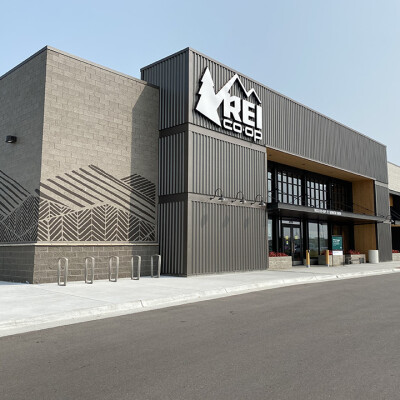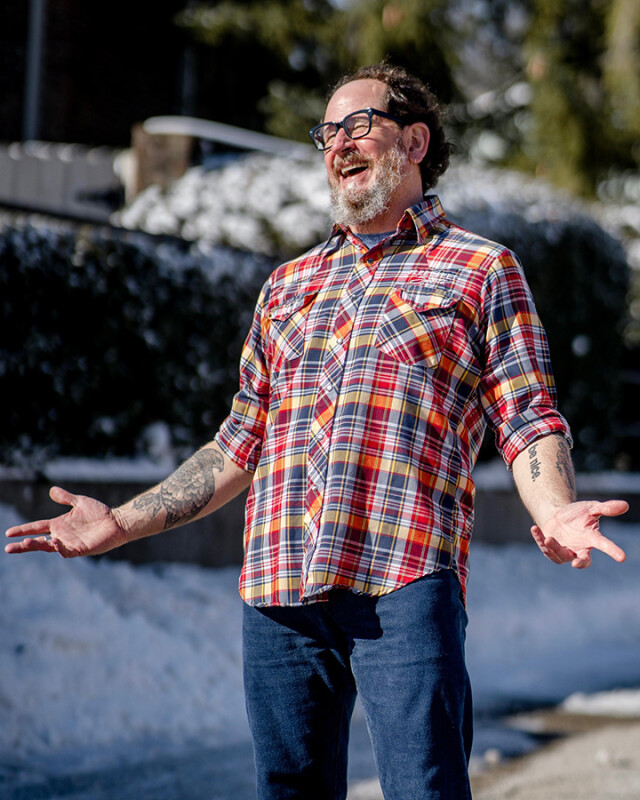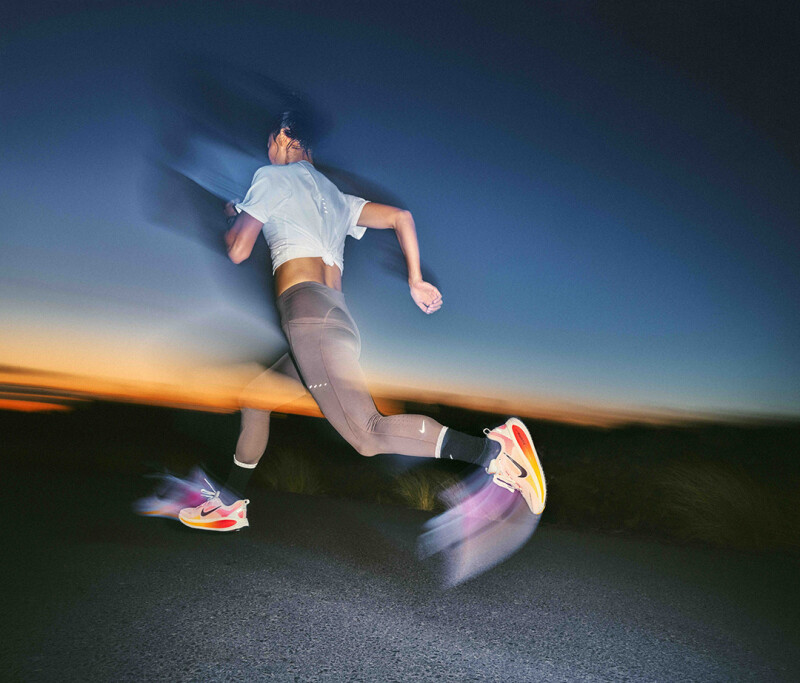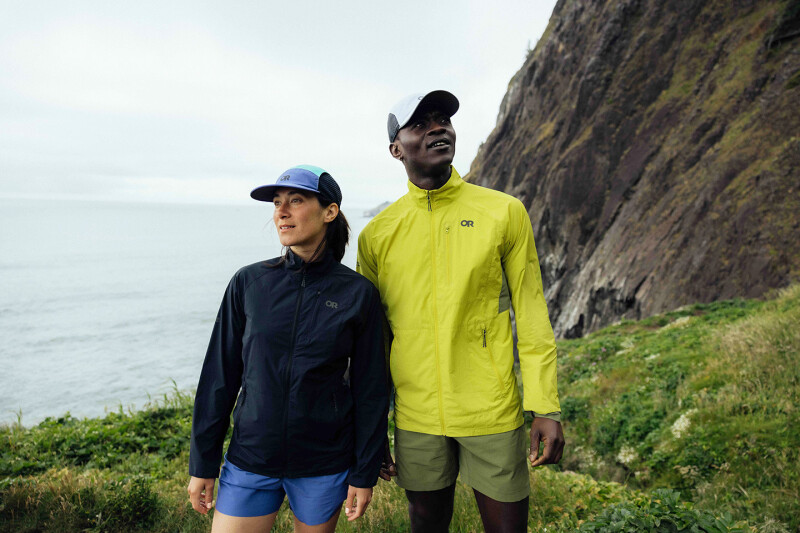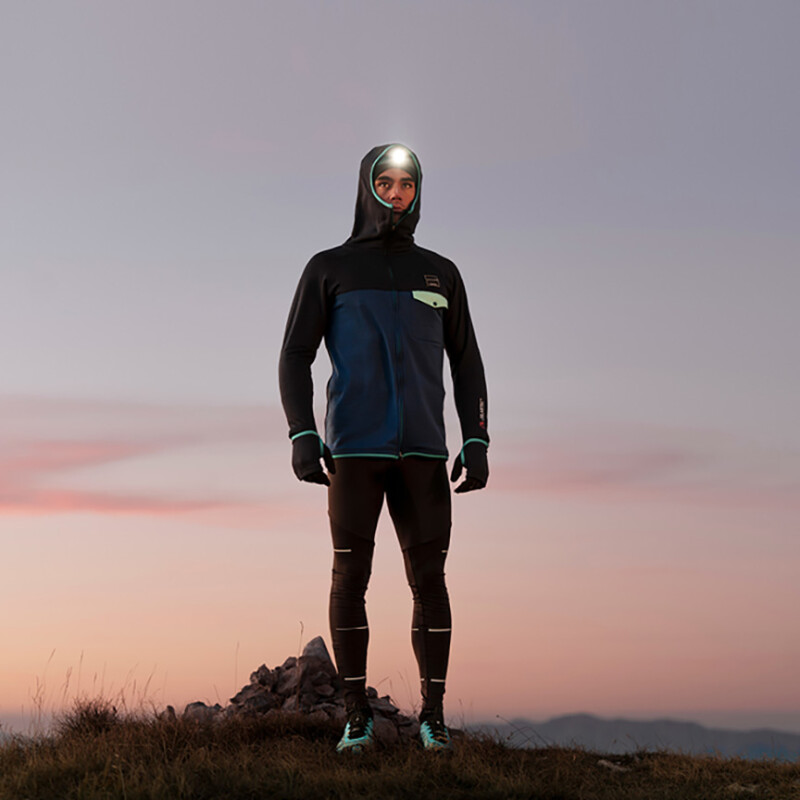With its fingers on the pulse of the American outdoors market, retail giant REI Co-op is aggressively ramping up its presence in the running vertical. Looking to capitalize on the synergies between the outdoor consumer and the running community, as well as taking advantage of the current boom in running, the retailer’s expansion will include more shoe offerings and its own label of run clothing.
With an 80-year history in the outdoor industry and revenues north of $3 billion in 2019, few would bet against the company’s strategy.
What remains to be seen, however, is how the Co-op’s push in running will impact the run specialty stores that fueled that boom in the first place. While REI intends to offer elevated in-store and digital experiences, many runners are doggedly loyal to their local specialty store. To reach this consumer, REI is educating its store staff in the vertical and taking giant steps to emulate the personal touch that has made run specialty the community it has become.
One thing is certain, however: REI is entering at a time when running is hot, hot, hot — thanks in part to the pandemic.
“We expect that in 2022, running shoes will outperform the rest of the athletic shoe market,” says Matt Powell, senior industry advisor for sports at NDP Group. “The market hasn’t been this strong since 2013.”
Powell sees the consumer more focused than ever on health and fitness and on outdoor activities that can be performed in a socially distant environment, all hangovers from the pandemic. REI is banking on this — and the fact that there’s plenty of overlap between its traditional outdoors Co-op member with the running consumer.
“The numbers show that 50 percent of runners cycle, for instance, and that 40 percent of runners hike or camp,” says Fan Zhou, REI’s run activity director. “When we think about how REI can serve that person, we think running is a great entry point.”
Not only that, but post-pandemic shopping habits have changed. “Many people are looking for one-stop-shopping these days, rather than having to drive all over town to get their gear,” says Powell. “REI offers that.”
The Rising Running Tide
While REI is capitalizing on a new running boom thanks to COVID, so too are independent run specialty shops. The blueprint for that success – and how to live in an REI world – can be found at the Fleet Feet in Monroe, LA, where owner Mike Fronsoe says that the pandemic served as a “perfect storm” for success.
In business for just a couple of years when COVID lockdowns began, Fronsoe worried about the viability of his store. “But once we re-opened our doors, we suddenly had a new audience of formerly inactive people who wanted to get healthy,” he says.
With a personal foothold in the community, Fronsoe and his staff have capitalized on this new audience and created events that resonate. “We tried a training program, but that didn’t take off here,” he says. “So we began offering a Tuesday night ‘cookie run’ and that’s been well received. We’ve since added two brewery runs, too.”
This feel for the local community is an area where independent stores can compete against an REI, says Fronsoe. While the nearest REI to Monroe is two hours away, Fronsoe says the town does have a Dick’s Sporting Goods nearby. “They offer a few of our brands,” he says, “but we offer a personalized fit process for the right shoe. You’re not going to find that at a Dick’s.”
Even though REI isn’t near to Fronsoe’s store, he welcomes the Co-op into the marketplace. “REI is very intentional about what they’re doing,” he says. “I applaud them for embracing the whole idea.”
Powell says that this might just be the way to look at the REI expansion. “A rising tide sometimes lifts all ships,” he says.
At Columbia, MD-based Feet First, which has a 40-plus year history in the community, co-owner Brent Smith also isn’t terribly concerned about the REI impact, even with a Co-op store about two miles away. “We choose to focus on one thing and do it right,” he says. “We are the town running hub and no matter what a big box like REI does, they will never have that intimate relationship with runners that we do.”
Smith also sees opportunity for market growth with an REI nearby. “There might be a good number of people who get turned on to running thanks to REI’s presence in the space,” he says. “Maybe they will come to us next time.”
REI’s Local Angle
To that end, REI is also trying to capitalize on the local market aspects of its own locations.
“In our Seattle flagship store, for instance, we have our own run club that sponsors a couple of runs per week,” says Zhou. “In the Bay Area, we’ve partnered with local run clubs and sponsored races there. It’s a nuanced approach to each location.”
Still, Feet First's Smith is banking on his store’s long-time, trusted presence in the community to carry the day. “I’m a running shoe nerd and I have a staff with the same level of passion,” he says. “Every fitting process is different and you have to throw your own experience into what the customer needs. You don’t get that from the big-box stores.”
Only time will tell if REI is on the right path with its additional brands, models and clothing in the running vertical. With a successful track record in a variety of other outdoor verticals, few will likely bet against the Co-op having some sort of impact — either positive or negative.
With loyalty to the local specialty shop, however, runners might make for tougher customers. “More often than not, you’re going to have some competition in this business,” says Fronsoe. “It builds the running community. But it’s up to each store to do their job well so that when customers have a choice, they’ll turn to yours.”
